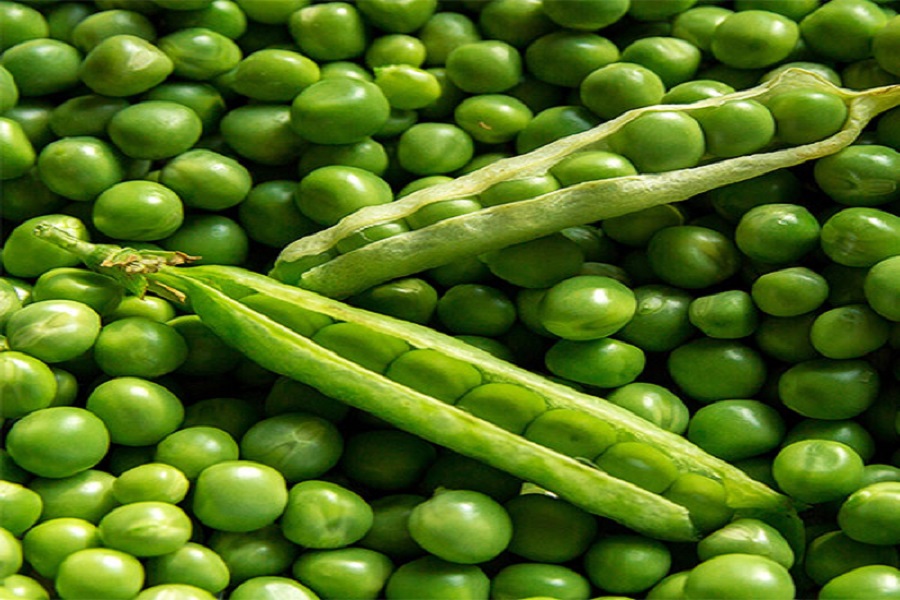
Follow us Now on Telegram ! Get daily 10 - 12 Interesting Updates. Join our Telegram Channel https://t.me/OhWomen
Download Telegram App before Joining the Channel
In a significant development for personalised nutrition, researchers in Italy have cultivated microgreens with bespoke nutritional profiles to serve individual dietary requirements.
In the study, published in the Journal of the Science of Food and Agriculture, the team cultivated four different species -- radish, pea, rocket and Swiss chard -- and focused on two nutrients that play a crucial role in health and nutrition: iodine and potassium. Iodine is critical to thyroid function, with deficiency affecting approximately two billion people worldwide.
Fortifying table salt with iodine is a strategy used internationally to combat deficiency, while other sources in the human diet include fish, milk and eggs.
However, recommendations from the World Health Organisation to reduce daily salt intake, paired with an increase in vegetarian and vegan diets, mean demand is growing for alternative iodine sources.
The microgreens were grown in a soilless system, where a liquid medium is used in place of soil and the plants are fed through a nutrient solution.
"Propelled by an ever-growing awareness of the importance of following dietary recommendations, interest in personalised nutrition is on the rise. Soil-less biofortification of vegetables has opened the door to the potential for adapting vegetable production to specific dietary requirements," said Massimiliano Renna, Professor of agricultural and environmental science at the University of Bari Aldo Moro, Italy.
Using tailored nutrient solutions for plant growth, the team successfully cultivated plants with iodine content up to 14 times higher than unfortified microgreens, as a novel dietary source of iodine.
They also grew microgreens with a 45 per cent reduction in potassium levels, to cater for chronic kidney disease sufferers -- for whom its intake must be restricted to avoid health complications. "Since vegetables contain high concentrations of potassium, patients with impaired kidney function are sometimes advised not to eat vegetables, or that they should be soaked in water and boiled to reduce the potassium content through leaching," Renna said.
However, the reduction in potassium using such cooking methods can be considered limited, while other important minerals and vitamins could be significantly lost. In this context, the production of vegetables with low potassium content could be of great interest.
The study was conducted in a commercial setting -- at Ortogourmet, a working microgreen farm in southern Italy. Crucially, this supports the viability of cultivating customised microgreens on a large scale while maintaining optimal agronomic performance.
The researchers are now turning their attention to manipulating the biological pathways of plants to produce desired compounds.
Source - IANS